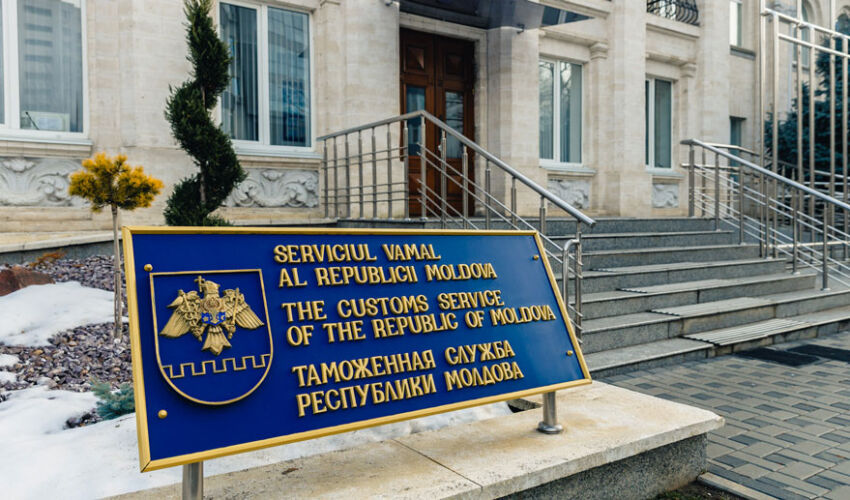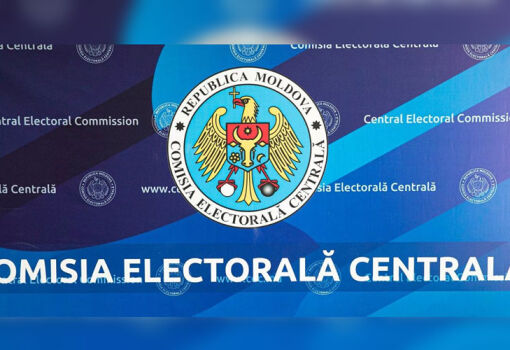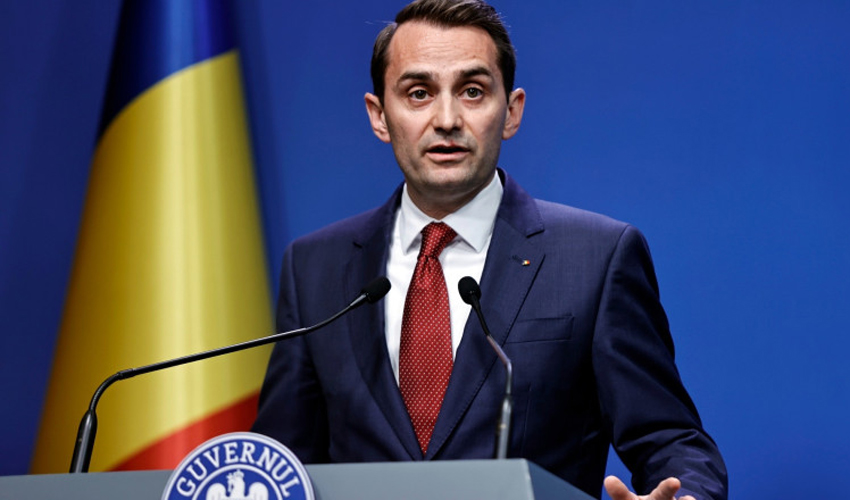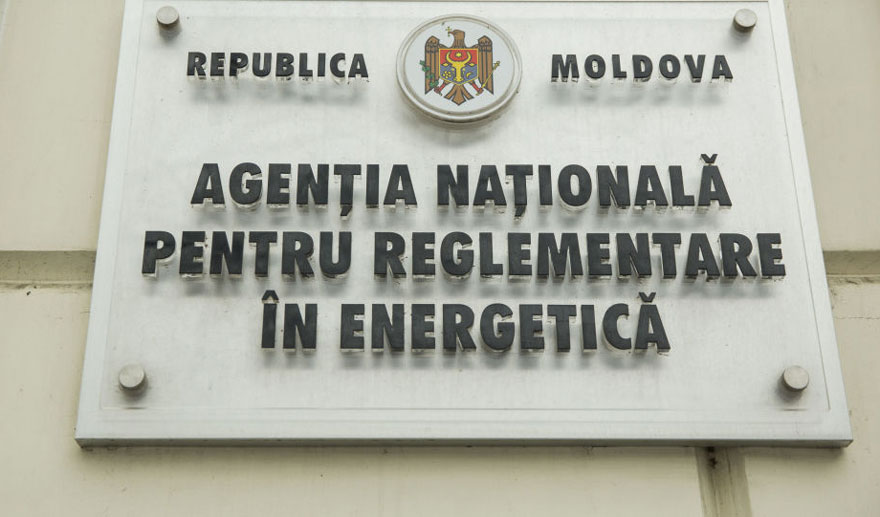
Also on the agenda is the creation of a single EU-compatible customs window for all border control documents. These measures will reduce processing times, help fight corruption and ensure transparency and predictability.
These and other key measures to improve the work of the Customs Service were outlined by the Director of the agency, Alexandru Jakub, at the Advisory Committee meeting.
He also said that five digitalization projects are in the works today. One of them is almost completed (SICOM module, filling out applications for certificates of origin). Two are in the process of development (E-ITO and SDS). The rest are due to be launched in 2027 and 2029.
As a result of their implementation, customs procedures will be simplified and operational costs will be reduced, including by eliminating duplicate documents and interchangeable databases. Border control times will also be reduced through the use of new computerized systems and “authorized consignor/consignee” status.
What challenges need to be taken into account? Adapting to new IT requirements and legislative innovations will require investment and training. Companies need to understand and apply the new Customs Code and its implementing acts. There are also plans to reorganize the Customs Service with a focus on combating fraud and improving employee integrity.
As for concrete investments in infrastructure, Alexandru Iacub said that Moldova is currently receiving European support through the Connecting Europe Facility programme to modernize the border customs points Leuseni, Giurgiulesti and Ungheni. At the same time, IT projects worth over 47 million euros are being implemented to modernize the customs systems.













